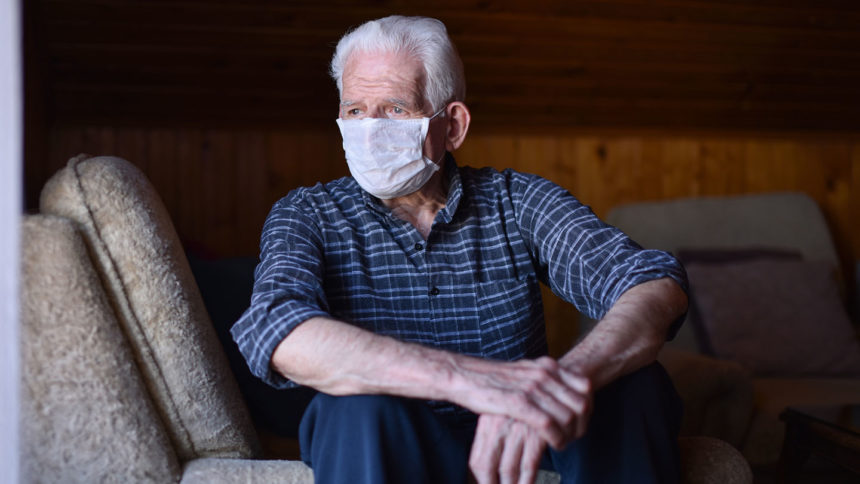
Older adults with advanced cancer often misjudge the time they have left to live, according to a new study that included doctors and their patients. This may increase their chances for unnecessary hospitalizations and the likelihood that they will forgo hospice care, investigators say.
Study participants included a cohort of 541 patients with a mean age of 76 and their doctors. Approximately 60% of doctor-patient pairs had different beliefs about curability and up to 72% had discordant understandings about life expectancy.
The study also found that oncologists often share the same optimism as their patients. Fully 22% of cancer specialists who participated in the study thought that a cure may be possible, even though the patient participants all had diagnoses of incurable disease.
Sometimes patients do survive against all odds, and oncologists and patients may be right to remain hopeful, investigators said. But there is a risk of unexpected hardship when likely outcomes are negated, they added.
“Older individuals with poor understanding of the outlook of their cancer may be less likely to utilize resources such as hospice services that can address the needs of patients nearing the end of life and their families,” said geriatric oncology specialist Kah Poh “Melissa” Loh, M.B.B.Ch., of the University of Rochester Medical Center. “Individuals are also more likely to receive care that may not be consistent with their priorities. The study tells us that we need better ways to help people understand terrifying news.”
The study was published in JAMA Network Open.




